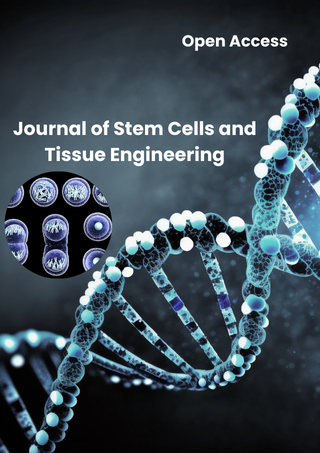Hematopoietic Stem Cells
Hematopoietic Stem Cells (HSCs) are multipotent stem cells responsible for the lifelong production of all blood cell lineages, including red blood cells, white blood cells, and platelets. Found primarily in the bone marrow, umbilical cord blood, and peripheral blood, HSCs are essential for maintaining hematopoietic and immune system homeostasis. They are widely used in clinical settings for bone marrow and stem cell transplants to treat leukemia, lymphoma, aplastic anemia, and other hematologic disorders. Research in HSC biology focuses on stem cell self-renewal, lineage commitment, and the bone marrow microenvironment. Advances in gene editing, cryopreservation, and ex vivo expansion have further enhanced the therapeutic potential of HSCs. Ongoing studies aim to improve graft success, minimize complications like graft-versus-host disease, and develop personalized transplantation strategies.
Article Processing Timeline
| 2-5 Days | Initial Quality & Plagiarism Check |
| 15 Days |
Peer Review Feedback |
| 85% | Acceptance Rate (after peer review) |
| 30-45 Days | Total article processing time |
Indexed In
ResearchBib
Sindexs
OAJI
DOAJ
CrossRef
PubMed
MEDLINE
EBSCO A-Z / Host
OCLC - WorldCat
Journal Flyer


